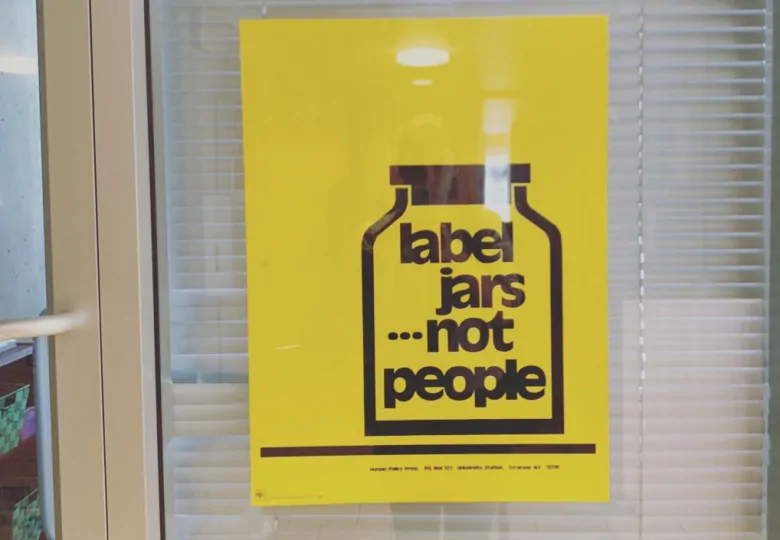Language has a lot of power, and labelling people as ‘addicts’ lowers self-esteem, adds to social isolation, and can prevent people from getting needed care, writes Dr. Laura MacKinnon.

This column is an opinion by Dr. Laura MacKinnon, a primary care physician working in Vancouver’s Downtown Eastside and in Northern B.C., and a research fellow with the B.C. Centre on Substance Use. For more information about CBC’s Opinion section, please see the FAQ.
One of my patients recently refused to go to the hospital for a life-threatening infection, stating “I don’t want to go to [this hospital] because they treat me like I’m just an addict there.”
She is a loving mother of four and proud grandparent of three. She is a resilient survivor of intimate physical violence, and currently employed as a peer support worker, helping others in her community prioritize their mental and physical health. And she developed an opioid use disorder after she suffered an accident and was prescribed opioids for chronic pain.
I’m a family doctor who works primarily in Vancouver’s Downtown Eastside, a vibrant neighbourhood that is notorious for high rates of poverty, drug use, and mental illness. And I’ve learned that language carries a lot of weight.
My favourite poster in our clinic space reads, “Label jars not people.” I love this poster, because it highlights the importance of language.

The word addict is ubiquitous in our society. It can be used to describe our strong inclinations or repeated actions of devotion to anything, from working out and social media, to pizza and coffee. Additionally, it’s used for behaviours that are detrimental to a person’s wellbeing, such as gambling. And to describe a person who has a tolerance to and dependency on substances such as drugs or alcohol.
The way we speak to and about people who use drugs makes a difference in their outcomes, because language perpetuates stigma.

